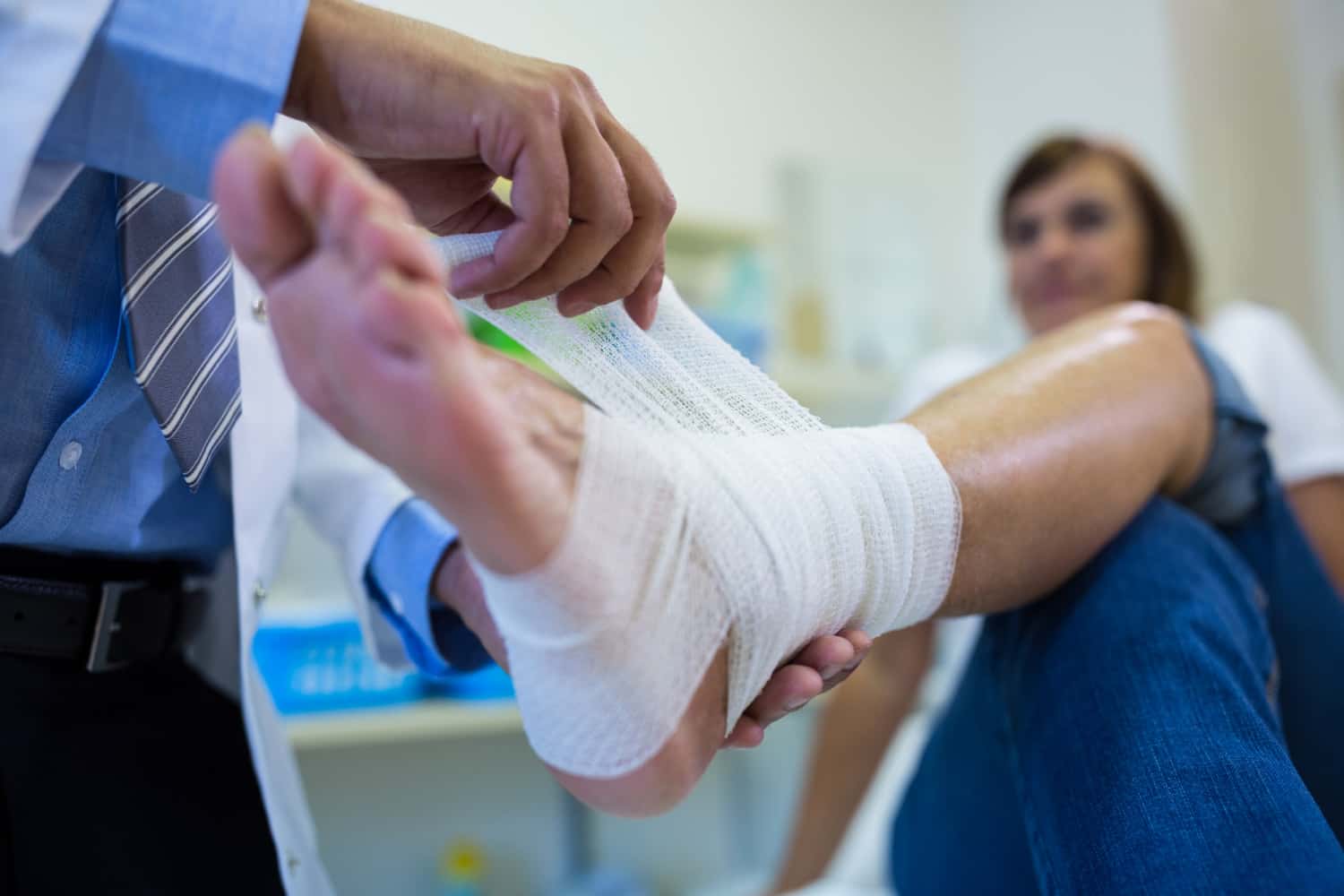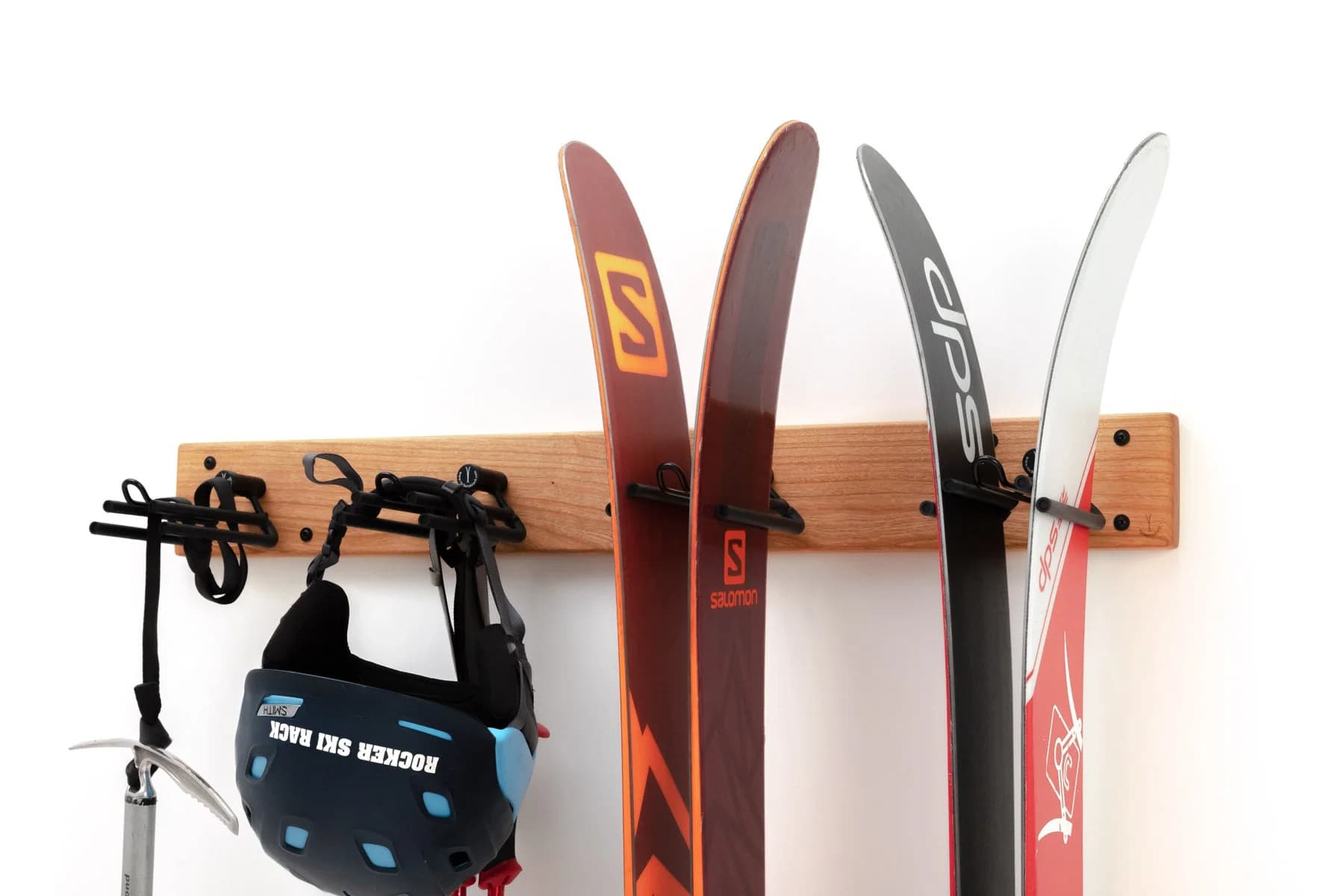Sports stadiums and arenas are more than just venues for athletic events, they are the epicenters of communal excitement, where fans gather to witness their favorite teams compete in the presence of security guards and create memories that last a lifetime.
However, amidst the jubilation and fervor, ensuring the safety and security of everyone present is paramount. This responsibility falls largely on the shoulders of security guards, who play a crucial role in maintaining order, preventing potential threats, and safeguarding the overall experience for spectators.
In this article, we delve into the significance of security guards in sports stadiums and arenas, exploring their multifaceted duties and the vital role they play in upholding the integrity of these iconic venues.
The Frontline Defenders: Roles and Responsibilities
The frontline defenders, security guards in sports stadiums and arenas, shoulder critical roles and responsibilities to ensure the safety of all attendees. They excel in crowd control, swiftly addressing disturbances and ensuring spectators are safely seated.
1. Crowd Control and Management
One of the primary responsibilities in sports stadiums and arenas is crowd control. With thousands of passionate fans converging in one place, emotions can run high, leading to situations that require swift and decisive action.
They are trained to maintain order amidst large crowds, ensuring that spectators are safely seated and that any disturbances are addressed promptly.
2. Threat Detection and Prevention
In today’s world, the threat of potential security breaches looms large over public gatherings, including sporting events. Security guards are tasked with detecting and preventing any threats to the safety and security of spectators and staff.
Through vigilant surveillance and proactive measures, they work to mitigate risks and maintain a safe environment within the stadium or arena.

3. Emergency Response
In the event of emergencies such as medical incidents, natural disasters, or security breaches, security guards serve as first responders, springing into action to ensure the safety and well-being of everyone present.
Their training equips them to handle various emergency scenarios efficiently, coordinating with other personnel and emergency services to mitigate the situation and minimize harm.
4. Access Control
Maintaining strict access control is essential for the security of sports stadiums and arenas. Security guards are responsible for verifying the credentials of individuals entering restricted areas, such as player locker rooms, VIP sections, and sensitive operational areas. By enforcing access protocols, they help prevent unauthorized entry and safeguard the integrity of the venue.
The Guardians of Experience: Enhancing Fan Engagement and Satisfaction
As the guardians of experience, security guards in sports stadiums and arenas play a pivotal role in enhancing fan engagement and satisfaction. Beyond their primary security duties, they serve as friendly points of contact, providing assistance, guidance, and information to spectators.
A security guards in Anaheim is a trained professional responsible for monitoring and patrolling designated areas to prevent theft, vandalism, and unauthorized access, while also providing assistance and maintaining order
1. Providing Assistance and Guidance
Beyond their role in ensuring security, guards also serve as points of contact for spectators seeking assistance or information. Whether it’s helping fans locate their seats, providing directions to amenities, or addressing queries and concerns, security guards play a vital role in enhancing the overall fan experience.
Their friendly demeanor and approachable presence contribute to a welcoming atmosphere within the stadium or arena.
2. Fostering Positive Interactions
Interactions between security guards and fans can significantly influence the atmosphere within the venue. By maintaining a respectful and courteous attitude, guards contribute to a positive and inclusive environment where fans feel valued and respected.
This positive interaction enhances the overall enjoyment of the event and fosters a sense of camaraderie among attendees.
3. Serving as Ambassadors of Safety
Security guards not only ensure the physical safety of spectators but also serve as ambassadors of safety culture within sports stadiums and arenas. By actively promoting safety guidelines and procedures, such as evacuation protocols and emergency exits, they empower fans to take proactive measures for their own well-being.
This proactive approach contributes to a culture of safety consciousness among attendees, fostering a sense of collective responsibility for security.

The Evolving Landscape: Addressing Emerging Challenges
In response to the evolving landscape of security, security guards in sports stadiums and arenas must adapt to address emerging challenges. Integrating advanced technologies such as surveillance systems and facial recognition enhances their ability to monitor and respond to threats effectively.
1. Technological Integration
In an era of rapid technological advancement, the role of security guards in sports stadiums and arenas is evolving to incorporate innovative solutions. From surveillance cameras and access control systems to facial recognition technology and drone monitoring, security infrastructure is becoming increasingly sophisticated.
Security guards must adapt to these technological advancements, leveraging them to enhance their effectiveness in maintaining security and responding to threats.
2. Ensuring Inclusivity and Diversity
As stewards of safety and security, security guards must also prioritize inclusivity and diversity within their ranks. Reflecting the diverse demographics of spectators is crucial for fostering trust and creating a welcoming environment for all attendees.
By promoting diversity in recruitment and training initiatives, security agencies can ensure that guards possess the cultural competence and sensitivity necessary to effectively engage with fans from various backgrounds.
3. Mitigating Emerging Threats
In an ever-changing security landscape, security guards must remain vigilant against emerging threats. That including cyber threats, lone wolf attacks, and geopolitical tensions. Training programs should incorporate modules on identifying suspicious behavior, de-escalation techniques. The crisis management strategies to equip guards with the skills needed to address evolving security challenges.
Additionally, collaboration with law enforcement agencies. Intelligence networks can enhance the capacity to detect and deter potential threats before they materialize.

Conclusion
Security guards are the unsung heroes of sports stadiums and arenas, tirelessly working. Behind the scenes to ensure the safety and security of everyone present. As the landscape of security continues to evolve, security guards must receive the support, resources. Training necessary to adapt to emerging threats and uphold the integrity of sports stadiums and arenas as safe and inclusive spaces for all.



